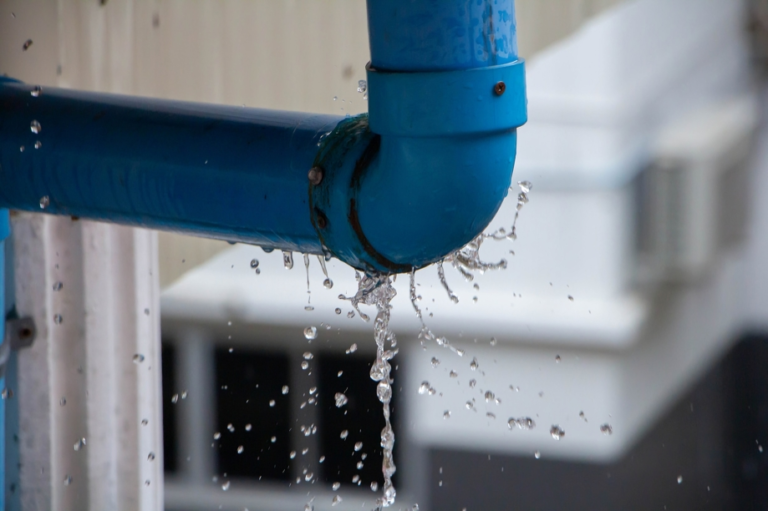As winter draws near, homeowners should pay attention to their plumbing system, and
more importantly, to the water heater. The cold season can drain plumbing, thus leading
to things like frozen pipes, among others, and a malfunctioning water heater. Common
winter plumbing problems in relation to a water heater, how to avoid them, and what to
do during such a scenario are hereby discussed.
1. How Cold Weather Affects Your Water Heater
The daily applications of water Winter Plumbing heaters include very important things like bathing,
cooking, and cleaning. The high demand for hot water is normally seen in the winter
season of every country. At such times, the temperature goes low, thus having impacts
on the performance of water heaters as they are normally longer in reaching an
appropriate temperature than usual in winters. A water heater installed in some
unheated location such as a basement or even garage is not able to show high
performance in effectively warming water.
2. Frozen Pipes and Their Relationship to Water Heaters
One of the major Winter Plumbing risks to plumbing is that of frozen pipes. When temperatures
drop, water inside the pipes may freeze; these because those pipes to expand, and in
severe cases rupture. Frozen pipes are particularly risky to water heaters because
when the supply of water is shut off, the heater can keep on running, and a possible
result is overheating damage.
Prevention Tips
● Insulate pipes in unheated areas to prevent freezing
● Keep the thermostat set at least to 55°F, especially when away from home
● When extreme cold is predicted/occurring, allow your faucets to drip just a little to keep
water moving
● If a pipe is suspected of being frozen, turn off the water supply and gently thaw the pipe
with a hair dryer or space heater. Never use an open flame.
3. Common Water Heater Malfunctions in Winter
Cold weather can cause water heaters to malfunction in a number of ways, including:
Inconsistent Water Temperature: The heater has trouble maintaining a constant temperature;
hot water temperatures may fluctuate.
No Hot Water: The thermostat or heating element is defective and the water heater simply
won't produce hot water.
Longer Heating Times:
Another irritation may be that during winters, it takes more time to heat
up the water in the heater.
Prevention Tips Insulate your water heater to help retain heat.
Set the thermostat at about 120°F, which is considered an optimum temperature for efficiency.
Have the tank flushed annually to remove built-up sediment.
If your water heater is not working, check the pilot light for gas heaters and test the thermostat.
If it does not work, call in a professional plumber.
4. Leaks and Water Heater Damage due to Winter
Water heaters have a chance of leakage during Winter Plumbing, generally originating due to corrosion
or overpressure or due to wear and tear. A leaked water heater is surely going to water damage
the area around it, which begins mold formation and structural damage if not repaired.
How to Avoid:
Periodically check for rust or corrosion signs around the tank.
Check the pressure relief valve to make sure it's working.
Monitor water pressure to prevent excess strain on the heater.
If your water heater leaks, turn off the water supply immediately and contact a licensed plumber
for repairs.
5. Regular Maintenance for Winter Preparedness
Preventive plumbing maintenance (nf) is key to keeping your Winter Plumbing and water heater in good
condition during winter. Regular maintenance can help avoid costly repairs and ensure your
system runs efficiently.
Water Heater Maintenance Checklist:
● The tank shall be flushed to remove sediment.
● Check the anode rod for corrosion.
● Test temperature and pressure relief valve to make sure it operates well. Winter Plumbing
Maintenance Checklist
● Insulate the exposed pipes to avoid freezing.
● Look for any leak in visible pipes.
● Clean the drains to avoid blockage.
6. How to Upgrade Your Water Heater for Efficiency at Winter Season
In the case of an older or less efficient water heater, it's worth replacing with one of the newer,
energy-efficient models to better performance and reduce any probable malfunctioning during
winter. The other further energy-efficient alternative can be a tankless hot water heater that only
heats water when you need it. Sure, high-efficiency water heaters have a higher initial price, but
will save your dime over time through reduced energy bills.
7. Conclusion: Winter Plumbing Preparation
Winter Plumbing is the most complicated time of year for plumbing systems, and quite often, some of the
more general problems with them can be prevented either by maintenance or a way to prevent
them altogether. The most common tasks include the insulation of pipes, maintenance on your
water heater, and taking care of early problems to maintain efficient plumbing during cold
periods. Check with a 24×7 emergency plumber regarding the status and possible evaluation of
your plumbing and hot water heater. These can help you get rid of the costly repairs and will
keep your home warm and working during Winter Plumbing.

